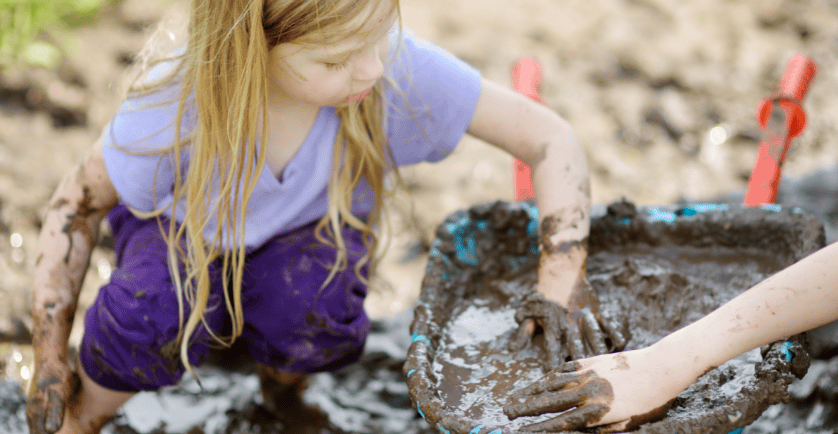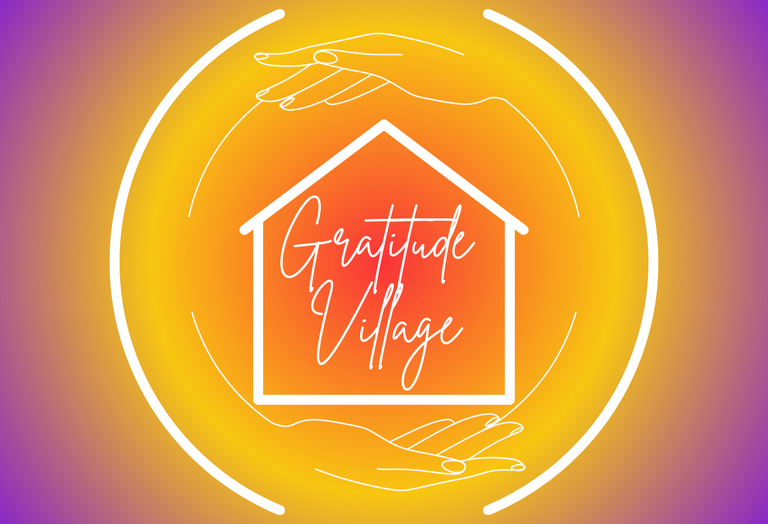Zoom Info Session Thursday February 26, 2026 5:30-6:30PM Mountain Time
The Power of Play: Why Unstructured Time Matters for Children’s Development
In a world filled with structured schedules, academic pressures, and screen-based entertainment, unstructured play has become a rare commodity. Yet, research continues to show that spontaneous, child-led play is critical for healthy development. At Gratitude Village, we intentionally design spaces and social norms that make room for children to play freely—without agendas, time limits, or adult direction. In our walkable, car-lite community filled with natural areas, shared courtyards, and welcoming neighbors, unstructured play is not only possible—it’s encouraged. Because when children are free to explore, imagine, and create, they thrive.
Gratitude Village
5/25/20254 min read


In a world filled with structured schedules, academic pressures, and screen-based entertainment, unstructured play has become a rare commodity. Yet, research continues to show that spontaneous, child-led play is critical for healthy development. At Gratitude Village, we intentionally design spaces and social norms that make room for children to play freely—without agendas, time limits, or adult direction. In our walkable, car-lite community filled with natural areas, shared courtyards, and welcoming neighbors, unstructured play is not only possible—it’s encouraged. Because when children are free to explore, imagine, and create, they thrive.
What Is Unstructured Play?
Unstructured play, often called free play, is any activity that children initiate and control on their own. It is spontaneous, open-ended, and not guided by external goals, such as winning a game or completing a task. Examples include building forts from sticks, playing pretend, climbing trees, or making up games with friends. This kind of play may seem simple on the surface, but it is a complex, highly beneficial part of child development. Unlike structured extracurriculars, unstructured play invites kids to think creatively, solve problems, and follow their curiosity.
At Gratitude Village, we believe in giving children the freedom and space to be kids—to invent, explore, and learn through doing. Our outdoor common areas, playground, gardens, and car-free paths are the perfect environments for this kind of spontaneous exploration. When kids can run safely from house to house, gather friends for a game of make-believe, or spend hours digging in the dirt, they build both skills and memories that last a lifetime.
Cognitive and Emotional Benefits
Unstructured play supports cognitive development by engaging children’s imagination and decision-making abilities. It helps them develop executive function skills like planning, focus, flexibility, and impulse control—all critical for success in school and beyond. Play also allows children to express emotions, process experiences, and build resilience. In a world where mental health challenges among young people are rising, giving children time to decompress, play, and self-regulate is more important than ever.
In a community like Gratitude Village, where children are surrounded by caring adults and familiar places, they feel safe enough to take healthy risks in their play. This sense of safety allows them to push boundaries, try new things, and learn from mistakes—important parts of growing up that structured settings can’t always offer. Whether it's testing their courage by climbing a tree or negotiating the rules of a made-up game, these moments help build emotional strength and self-awareness.
Social Growth and Community Connection
Free play naturally involves other children, which is where much of its magic lies. Unlike adult-led activities, where rules are imposed and roles assigned, unstructured group play requires kids to navigate social dynamics themselves. They learn to cooperate, resolve conflicts, take turns, and stand up for themselves. These are real-life social skills that can’t be taught in a classroom—but they’re practiced every day on the playground.
At Gratitude Village, the layout of the community itself encourages this kind of social interaction. Children run into friends at the garden, meet new playmates on the village green, and organize group adventures without needing constant adult oversight. With a safe, walkable environment and close-knit community culture, parents feel comfortable giving their kids the freedom to play, while kids benefit from the trust, independence, and social immersion that come with it.
Physical Health and a Connection to Nature
Children today spend more time indoors and less time moving than any previous generation. The result is a decline in physical health and a growing disconnect from the natural world. Unstructured play often happens outside—where kids run, climb, build, balance, and get their hearts pumping. It also cultivates a sense of wonder and respect for nature, something that is foundational to a lifelong appreciation for the environment.
Gratitude Village’s emphasis on sustainable design and green spaces gives children daily access to gardens, trees, trails, and open space. We believe that nature is the best playground. Kids dig in the soil, search for bugs, pick flowers, and learn firsthand how ecosystems work—not from a screen, but from experience. And because these play areas are just steps from home, children can engage with them often and without barriers.
Less Overscheduling, More Freedom
While extracurriculars and enrichment programs have their place, too many children today are overscheduled and overstimulated. They go from school to sports to homework with little time to simply be. This constant pressure can lead to anxiety, burnout, and a loss of intrinsic motivation. Unstructured play gives children the breathing room they need to reset, recharge, and discover their interests without adult expectations.
Gratitude Village encourages a slower, more intentional pace of life. With neighbors sharing meals, tasks, and support, parents feel less isolated and better able to say “yes” to downtime—for themselves and their kids. It’s not about doing more; it’s about doing what matters. And what matters, for children, is time to play, imagine, and grow without limits.
A Village That Values Play
Unstructured play is not a luxury—it’s a necessity. And in a culture that often undervalues it, cohousing offers a powerful counter-narrative. Gratitude Village is designed to honor play not just as a childhood pastime, but as a critical part of whole-person development. We know that by giving children room to play, we’re giving them the tools they need to thrive—socially, emotionally, intellectually, and physically.
Our community playground, gardens, paths, and shared spaces are more than just amenities—they’re an invitation to freedom, discovery, and joy. Because in the end, children don’t need fancy toys or constant programming. They need time, space, safety, and a village that believes in the power of play.
COMMUNITY
Join us in embracing nature, diversity and connection.
Sustainability
DIVERSITY
info@gratitudevillageco.com
720-689-4821
© 2026. All rights reserved.
AFFORDABILITY
Gratitude Village Inc. is a 501(c)3 charitable corporation (public charity) that values diversity, equity and inclusion as essential to our mission. EIN #33-2499522
Subscribe to our Substack
Refund Policy




Gratitude Village is a Proud Member of these organizations
